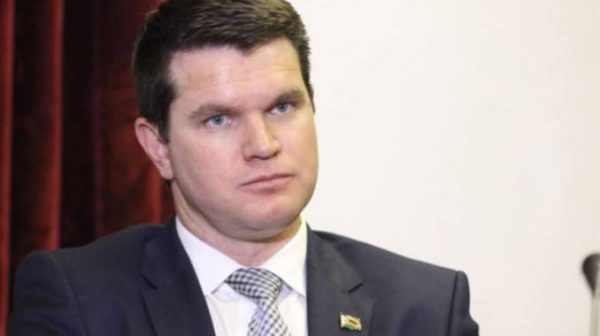Aussie firm completes mapping for oil well site

Invictus Energy, the Australia-listed firm exploring for oil and gas in Muzarabani, has completed field-work to map out suitable sites to obtain earth crust vibrations that can pinpoint exact locations of oil or gas deposits.
According to the company, the ongoing exploration studies are the first such exercise in 30 years, since unsuccessful investigations by global petroleum giant, Mobil in the 1990s.
The company said in an update this week it had successfully concluded field operations and a reconnaissance programme in the Cahora Bassa Basin (Muzarabani) ahead of test well drilling scheduled for October 2021.
The Australia Stock Exchange (ASX) listed company said detailed traversing and mapping across the prospective area had been completed and identified the optimal acquisition routes for vibrations in the ground that can indicate the locations best likely to yield huge reserves of oil or gas.
“The company is making significant progress on executing the first seismic acquisition programme in the country for 30 years and is working closely with the seismic contractors on a planned acquisition campaign in 2021 to commence once the rainy season has concluded,” Invictus said in an update statement that was released on Wednesday.
This will be followed by a high impact basin opening drilling campaign to test the petroleum potential of the Cahora Bassa Basin.
Notably, Invictus said the completed field operations had resulted in additional seal potential being identified, which exposed rock types that support possible oil and gas deposits.
A significant sequence of mudrock interbedded with sandstone, giving rise to typical ‘ridge and furrow’ topography, was observed for several kilometres along a section coinciding with the surveyed area along a proposed seismic line.
Invictus Energy’s reconnaissance programme and baseline survey consist of the traversing of the proposed infill seismic lines for a planned acquisition campaign in the 2021 dry season.
The programme is meant to capture details such as topography, existing access roads, drainage, vegetation cover, soil types, rock exposures, sampling of any natural oil and gas seeps, areas of development (constructions and cultivation), plus any sites of cultural, religious or historic importance.
The Muzarabani prospect has ticked all the relevant boxes to warrant millions of US dollar investment into drilling for oil or gas. The sinking of the test wells in the country will cost amounts in the range of US$15 million-US$20 million per hole.
The successful discovery of oil or gas in Muzarabani will represent a humongous achievement for the southern African country, often plagued by budget deficits and resource constraints to fund development and key infrastructure projects.
If either oil and gas is found in Muzarabani, the Government will get a share of the production, usually, 50-70 percent of the output or proceeds thereof, once the investor has recouped their investment.
Apart from exports and the tremendous job creation potential of the project, the Muzarabani oil and gas project would also bring about a cocktail of downstream benefits in the form of new industries, energy security infrastructure development. Oil and gas resources are a principal source of public revenues and national wealth for the governments of net oil-exporting countries.
As a major source of wealth and energy in Africa and the entire world, oil and gas resources are critical for economic growth, development, and good governance.
The company said its farmout (engagement of partners to drill for oil/gas) process for the Cahora Bassa (Muzarabani) Project continues and active discussions with multiple parties are ongoing.
Business Weekly


